Extra virgin olive oil has a designation on its label. In Italian it is Extra Vergine, in French it is Extra Vierge, in Spanish it is Extra Virgin and in English it is Extra Virgin. This olive oil is made from olive oil and is of the highest quality. It is obtained during the mechanical pressing of olives, as a result of the first cold extraction at a temperature no higher than 27ºC.
The best of the best extra virgin olive oils can be recognized by the additional marking on the label D.O.P - Denominacion de Origen Protegida. It is an exceptional type produced from olives grown in a specific geographical area and regulated on-site production.
The olive tree, on the other hand, is grown according to the highest standards, while undergoing constant quality control. Denominacion de origen are designated olive groves Baena, Bajo Aragon, Gata-Hurdes, Les Garrigues, Montes de Toledo, Priego de Cordoba, Sierra de Cazorla, Sierra de Segura, Siurana, Aceites de Monterrubio.
Using olive oil is beneficial and it is good for the heart health due to its monounsaturated fat content. Daily use of olive oil is believed to help lower blood pressure. The high level of oleic acid in olive oil is absorbed into the body, finding its way to cell membranes and changing their signaling pattern. This way, it lowers blood pressure.
The content of monounsaturated fats in olive oil is associated not only with lowering cholesterol, but also further helps to reduce blood pressure. And the higher quality the olive oil, the better.
Virgin, without the extra addition (Virgin olive oil, Olio di oliva vergine) is also olive oil of high quality. It is a completely natural product, produced by extraction without heating, but from a lower quality of olives than those for extra virgin. This oil is less saturated, less refined in flavor and produced to less stringent quality standards. Respectively, it has a lower price.
How to recognize the real extra virgin olive oil?
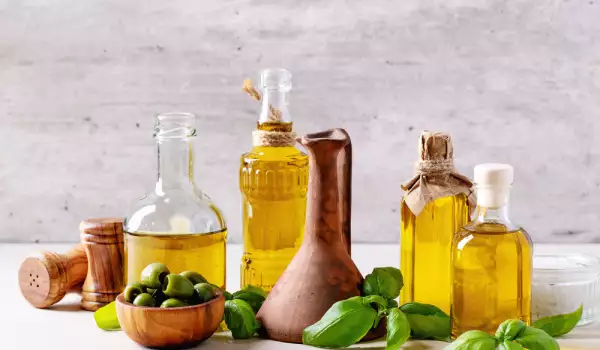
Unfortunately, there are brands in stores, which speculate on the extra virgin label, while the content does not quite meet the requirements for such quality olive oil. For this reason, it is good to learn to recognize quality extra virgin olive oil for yourself.
First of all, you will recognize extra virgin olive oil by its consistency. If you put it in the refrigerator, it should harden significantly and when you take it out at room temperature, it will liquefy again and take on its previous appearance. If the olive oil is not of extra virgin quality, it will not change - this means that there is a large amount of impurities in its composition.
The taste of quality extra virgin olive oil is slightly bitter, rich and even slightly spicy and the aroma of olives can be tasted easily. Extra virgin olive oil should not be subjected to heat treatment, because all its beneficial properties are lost. It is suitable for flavoring salads, dips and spreads.
Benefits of extra virgin olive oil

Thanks to cold pressing, all valuable ingredients are preserved in the olives, making extra virgin olive oil one of the healthiest vegetable fats in the world.
Extra virgin olive oil contains huge amounts of antioxidants, and its regular consumption protects against harmful free radicals that cause a number of health problems and even some types of cancer.
It also has excellent anti-inflammatory properties, a real elixir for heart muscle health. Lowers high blood pressure, protects against bad cholesterol and strengthens blood vessels.
It helps reduce joint pain, relieves rheumatoid arthritis pain and helps reduce swelling. Olive oil in combination with following a Mediterranean diet reduces the risk of stroke and helps to extend life.
Regular consumption of quality extra virgin olive oil preserves cells and prevents premature aging.
See what delicious and healthy things you can cook with olive oil, by checking out our olive oil recipes.

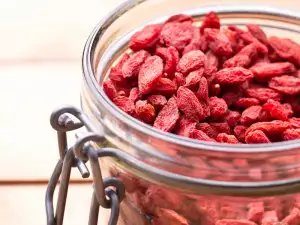
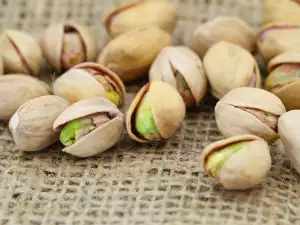




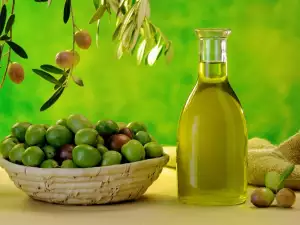

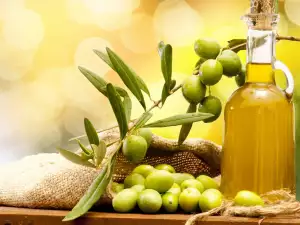
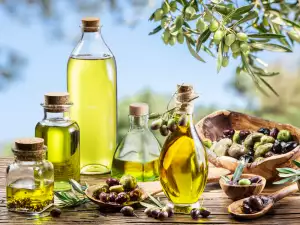
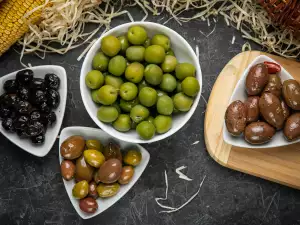


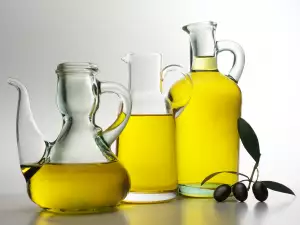
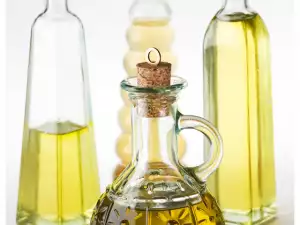




Comments